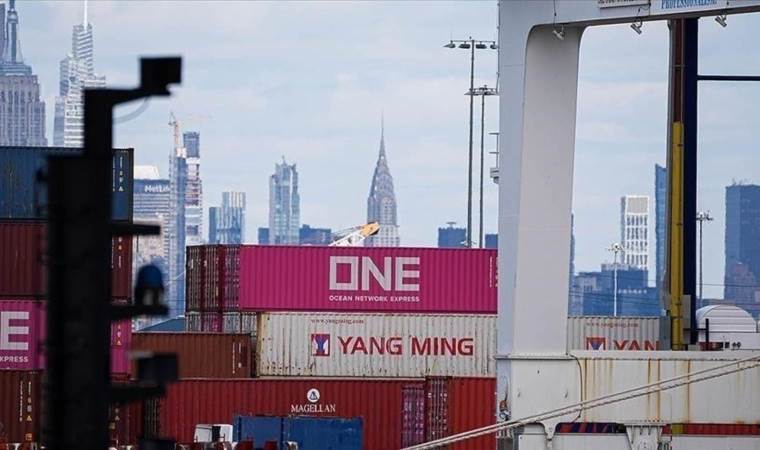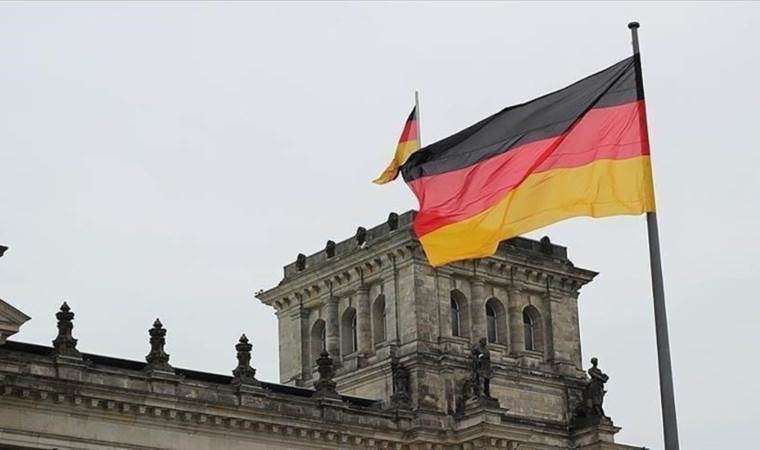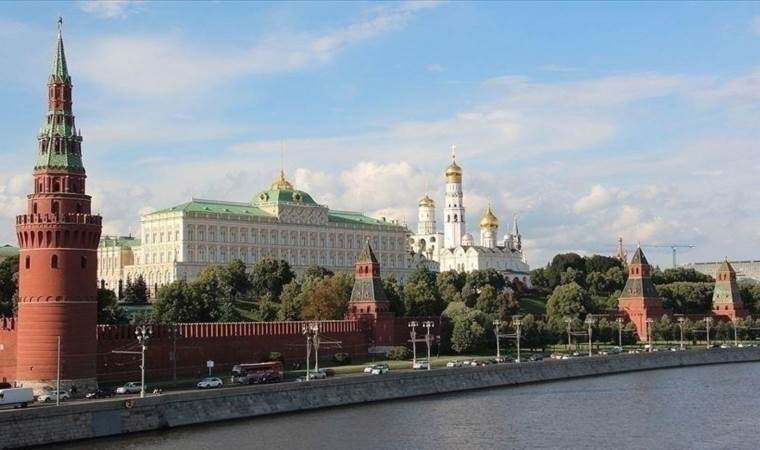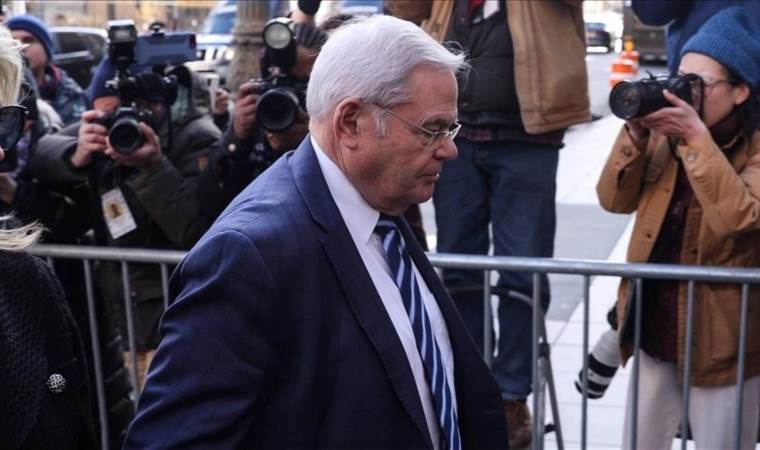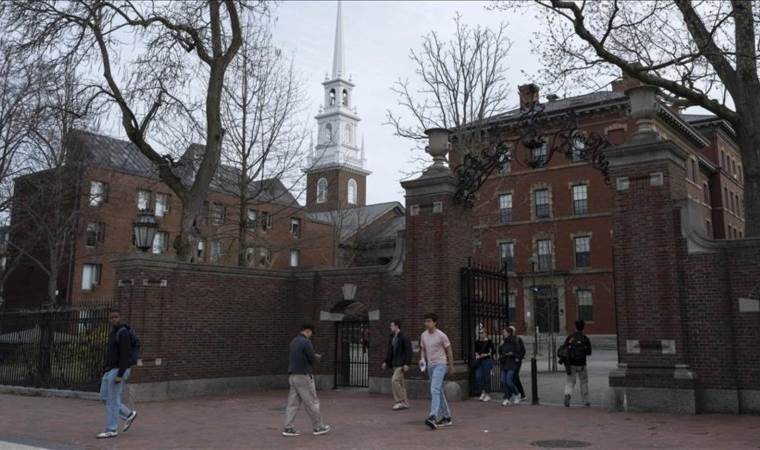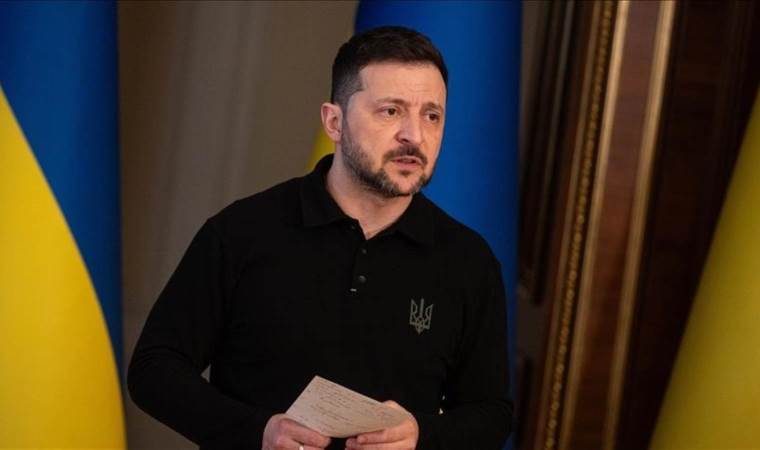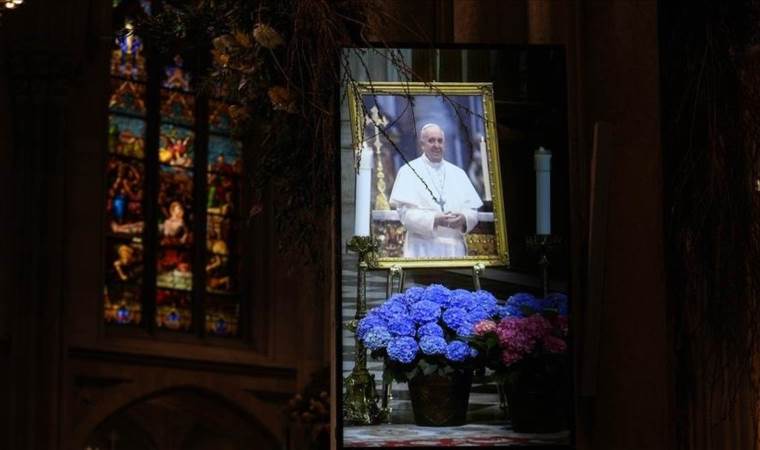Authors Columns of the Day Sport Guest Life All Authors
Election rule proposal triggers new crisis in Turkey
The latest crisis has escalated following the President's recent call to amend the 50%+1 rule in presidential elections. Observers aware of the situation's seriousness note that the AKP's (the Justice and Development Party) nonchalance, inconsistent with the gravity of the situation, makes it unpredictable how deep the crisis will go and unclear how we will emerge from it. Indeed, the most serious aspect of our current danger is this attitude's mismatch with the situation's gravity. It seems that in the coming days, a new constitutional or legal amendment will be proposed by the AKP.
When the AKP's proposal was first suggested, it was deemed absurd. It was inevitable that the new order, taken lightly by nearly everyone, would reach an impasse. Turkey's system is failing. Successive constitutional and legal changes are insufficient. Witnessing this, one can't help but think that something else needs to change. Turkey, in trying to solve problems by enacting person-specific laws, creates new dead ends at every turn. This is also the case with constitutional oversight. It became clear that the matter wasn't handled with the seriousness it deserved when the AKP was deemed the center of anti-secular activities.
***
When a political party in a country is accused of being the center of anti-secular activities, and this action is confirmed, reducing the party's state funding as a sanction proves that constitutional oversight is not taken seriously in that country.
This is what has happened in Turkey. When a party is identified as engaging in anti-secular activities and the sole repercussion is a reduction in its government funding, this indicates a lack of seriousness in constitutional oversight, paving the way for various irrational outcomes in this realm. The Constitutional Court of Turkey (AYM) unanimously decided that the AKP is the center of anti-secular activities. However, if such a grave situation is met only with a reduction in Treasury assistance, it indicates that constitutional oversight is not much more than a joke in the country.
By making such a decision, the AYM has created an environment itself where its decisions are not taken seriously.
For a constitutional court to decide to cut Treasury assistance to a party it acknowledges as the center of anti-secular activities is akin to saying, "Do not take my decision seriously. Ignore my constitutional oversight."
Turkey is a country that struggles to understand the meaning of constitutional oversight. It is challenging to explain to the public and those in power why the entire government's actions need to be under legal scrutiny.
In less developed countries like Turkey, the concept of national will is often misinterpreted.
No matter the conditions or violations involved, the winning side in an election often adopts the mindset, "I represent the national will and can do whatever I want." However, the events in Germany during World War II proved that democracies are not regimes where national will is omnipotent, but rather systems where national will cannot infringe upon basic human rights and freedoms, a principle that must be safeguarded.
Today, the seriousness of democracies is proportional to the seriousness of their constitutional oversight. Unfortunately, this issue is not taken seriously in our country.
However, there is nothing to be surprised in this. After all, the decisions leading to the disregard of the AYM in Turkey originate from the AYM itself.
Indeed! By imposing the sanction of cutting Treasury assistance to a political party it deemed the center of anti-secular activities, the Constitutional Court itself has announced to the world that it does not take its own decision seriously.
Yazarın Son Yazıları All Columns
Günün Köşe Yazıları
Most Read News
-
 China integrates AI into undergraduate studies
China integrates AI into undergraduate studies
-
 South Korea, US to hold trade talks this week
South Korea, US to hold trade talks this week
-
 Germany cuts economic growth forecast to stagnation for
Germany cuts economic growth forecast to stagnation for
-
 6.3 magnitude earthquake strikes off Indonesia’s Talaud
6.3 magnitude earthquake strikes off Indonesia’s Talaud
-
 Kremlin says Putin open to talks on civilian strikes mor
Kremlin says Putin open to talks on civilian strikes mor
-
 South Korean military holds live-fire drills near inter-
South Korean military holds live-fire drills near inter-
-
 Wife of former US Senator Menendez found guilty in bribe
Wife of former US Senator Menendez found guilty in bribe
-
 Harvard University sues Trump administration over fundin
Harvard University sues Trump administration over fundin
-
 Zelenskyy demands Russian clarity over strikes on civili
Zelenskyy demands Russian clarity over strikes on civili
-
 Pope Francis' funeral to take place on April 26, Vatican
Pope Francis' funeral to take place on April 26, Vatican


